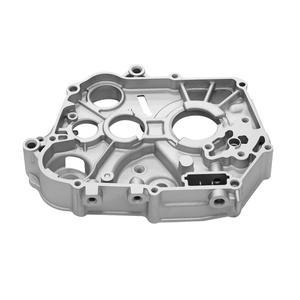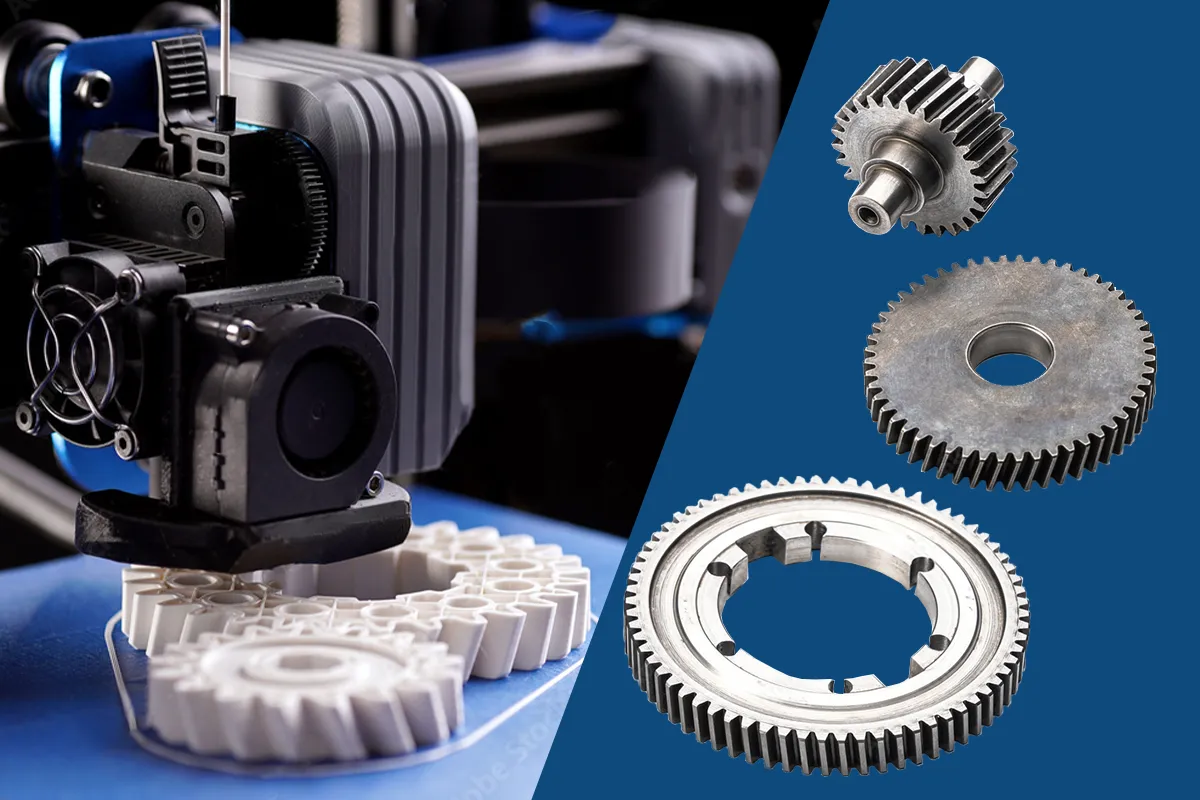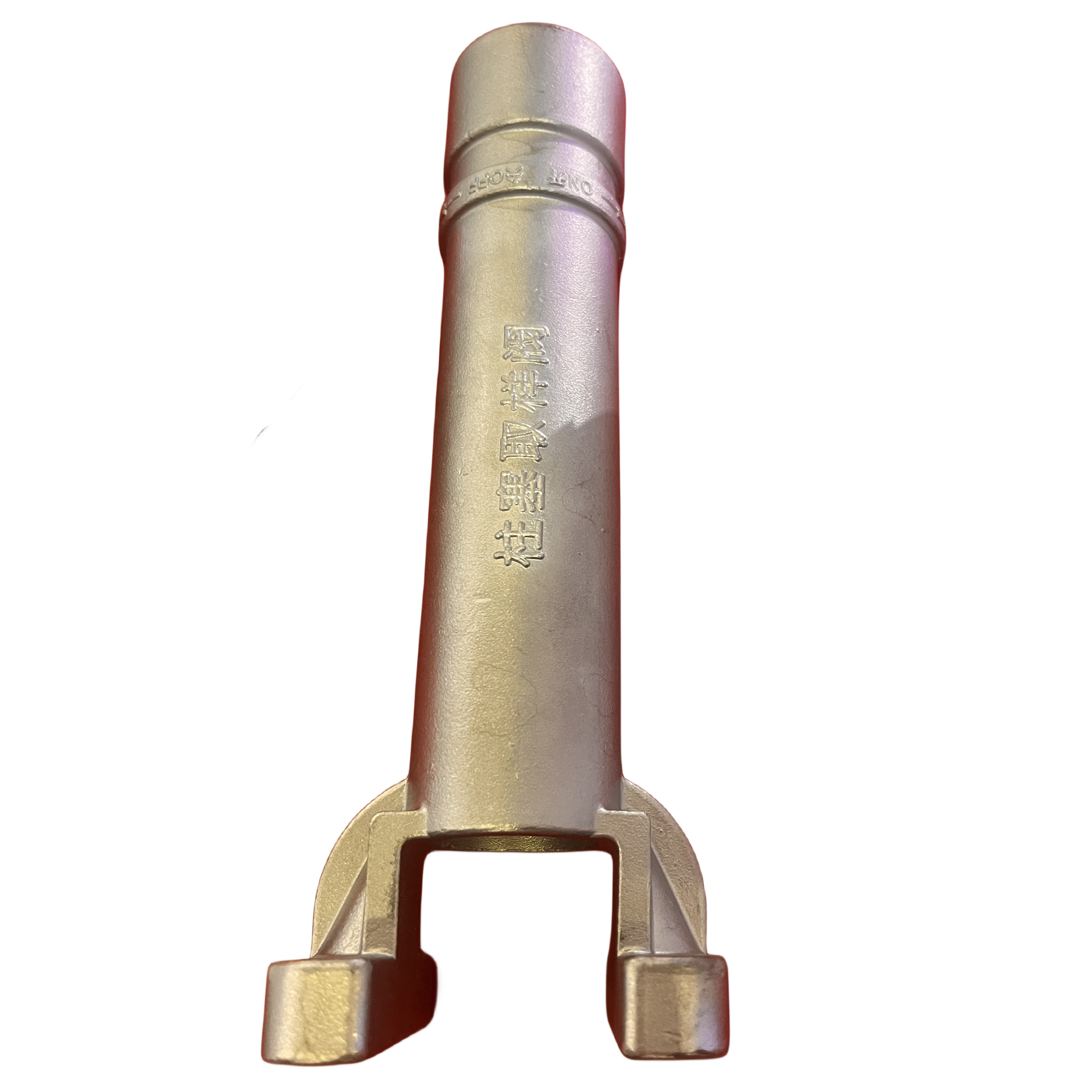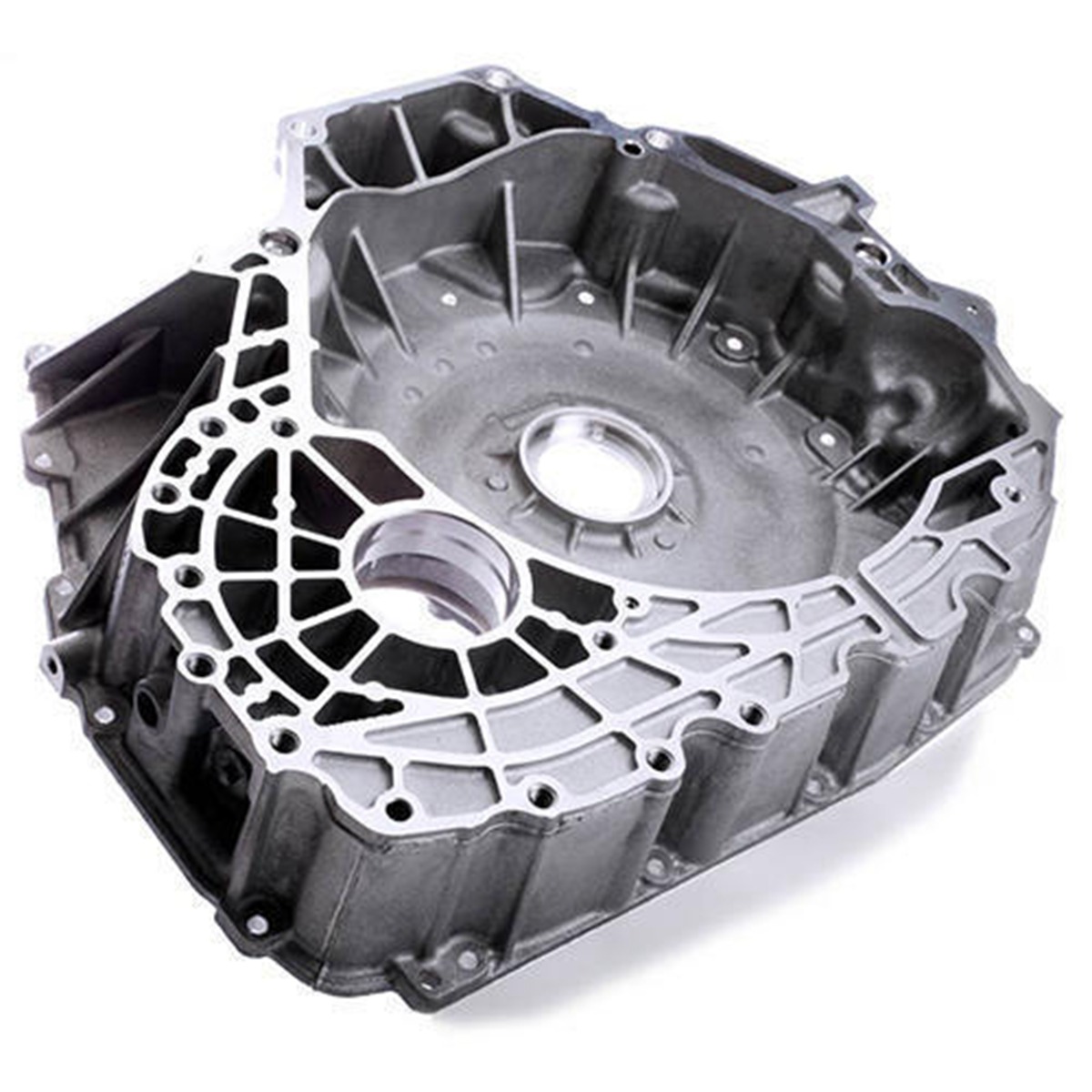Prework
Before performing laser welding, we thoroughly clean the materials because any residual contamination can affect the welding process or cause porosity or cracks in the weld seam.
Since laser welding requires extremely tight assembly gaps (usually less than 10% of the material thickness), we securely fix the workpieces to be welded on matching fixtures to ensure that the weld seam remains closely fitted and does not shift during processing.
We set up the laser welding equipment’s program and parameters according to your product design requirements, such as welding path, speed, power, etc., and also use a specialized low-power laser to simulate the laser path to ensure the parameters are correctly set.
Before the actual welding, we accurately position the starting point of the weld directly under the laser focus and adjust the distance between the laser head and the workpiece so that the focus is in the optimal position. This ensures the appropriate weld penetration and width.
Welding
After completing the above preparations, our operators will start the laser welding equipment and monitor the entire process, promptly making appropriate adjustments if any abnormalities are detected.
During the welding process, the molten pool generated by the material can easily react chemically with components in the air, so we continuously and stably use inert shielding gases (such as argon or helium) to protect the welding area, preventing oxidation or nitridation and avoiding weld brittleness or porosity.
Follow-up work
After the above laser welding process is completed, the shielding gas will continue to be supplied for a few seconds to protect the weld that has not yet solidified until it is fully solidified. Once the workpiece has cooled, we will conduct a comprehensive quality inspection to ensure that the product fully meets your requirements.






